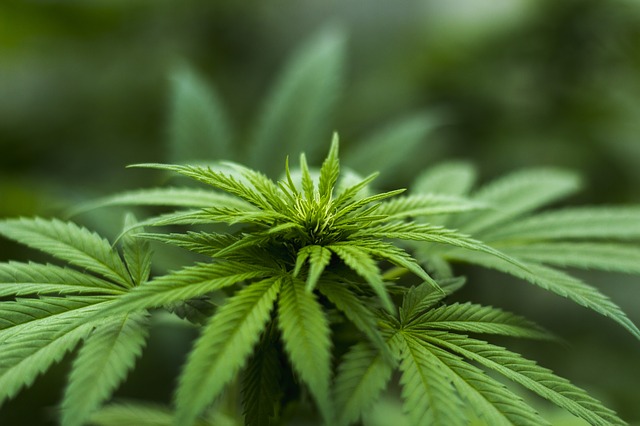An interesting article titled “Postoperative Healing Assessment Using Cannabinoids in Oral Surgery” written by Puisys et al. appears in EC Dental Science (18.4, pp. 569-575, 2019). The article seeks to compare the healing after wisdom teeth extraction between using antibiotics or cannabinoids. Cannabinoids are chemical compounds that occur in the resin of the Cannabis sativa plant also known as marijuana.
In the study 60 patients had lower wisdom teeth extracted in Vilnius, Lithuania. The 60 patients were split into two groups with one group receiving the antibiotic amoxicillin (500 mg) three times daily for seven days and the other group receiving phytocannabinoids-cannabidiol in gel form for 7 days. All 60 patients went to the clinic daily for a week to record their satisfaction with the healing process and for the doctor to assess the healing. Specifically the patients answered a questionaire to measure pain intensity, swelling, presence or absence of alveolitis (dry socket), tolerance recorded by both the patient and doctor, and overall assessment recorded by both the patient and doctor. All questionaires used a scale from 1 to 4. The authors performed two-way analysis of variance (ANOVA) on the results.

Regarding pain and swelling, the authors found no statistically significant difference between pain presence and if antibiotics or cannabinoids was given. Regarding dry socket on the sixth day after surgery three patients who were given cannabinoids still had the appearance of dry socket while no patients given antibiotics had any appearance of dry socket on the sixth day after surgery. A statistically significant difference was thus observed between medication given on the 7th day for alveolitis. Regarding tolerance there was no statistically significant difference noted by the doctor between the two medications. However, regarding tolerance reported by the patient there was a statistically significant difference for the model on the third day after surgery. The authors note that from the fifth to the seventh day after surgery patients who have taken cannabinoids were noted being slightly more satisfied than those who took antibiotics using their 1 to 4 point scale, although this result was not statistically significant.
The authors state:
With a few exceptions, the results showed that medications, particularly, antibiotics or cannabinoids, does not have significant difference regarding successful healing. The study revealed that those criteria such as pain, swelling or patient’s overall assessment are mainly related to time duration after surgery, and both medication expose similar implications… we believe this study might be a starting point for new clinical studies according to the use of cannabinoids in dental practice.
The authors believe their results help show that cannabinoids could be used to replace antibiotics for wisdom teeth surgery. However, the authors do note a few limitations of their study and recommend the use of a control group in a future study due to the placebo effect. In addition the authors suggest adding more patients to a future study to allow for more accurate statistical comparisons. The authors also note that patients included in their study had both partially and fully impacted wisdom teeth which may have required variations in surgical technique during the extractions. Nonetheless, the study at least provides some initial data towards using cannabinoids in oral surgery and for wisdom teeth removal.

1 thought on “Using Cannabinoids After Wisdom Teeth Extraction”